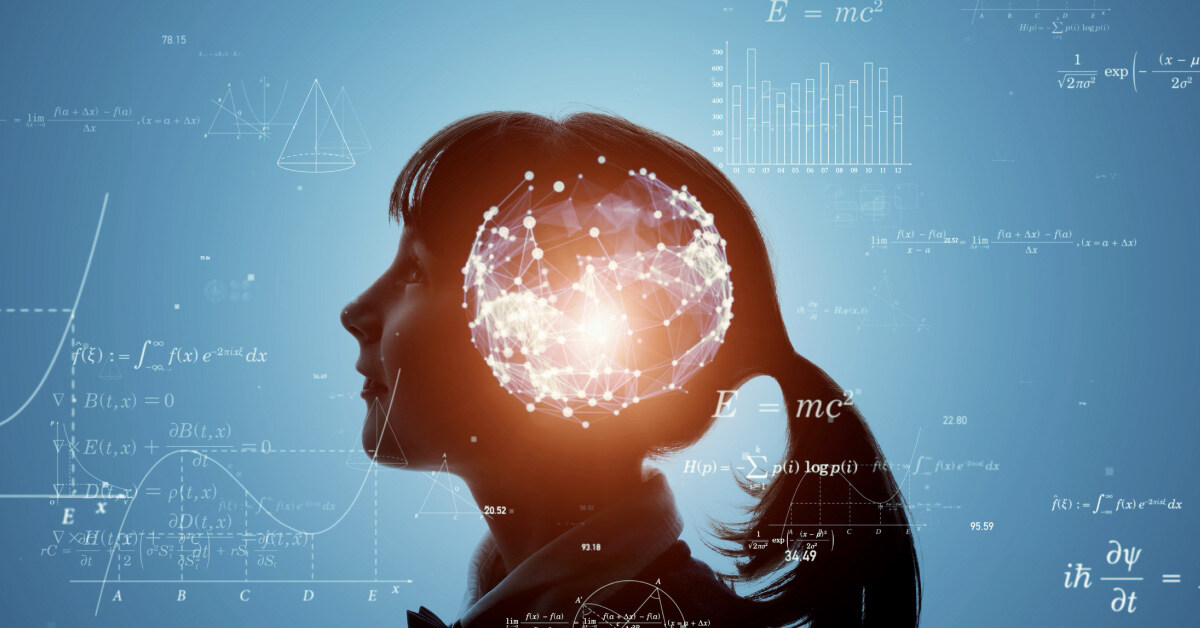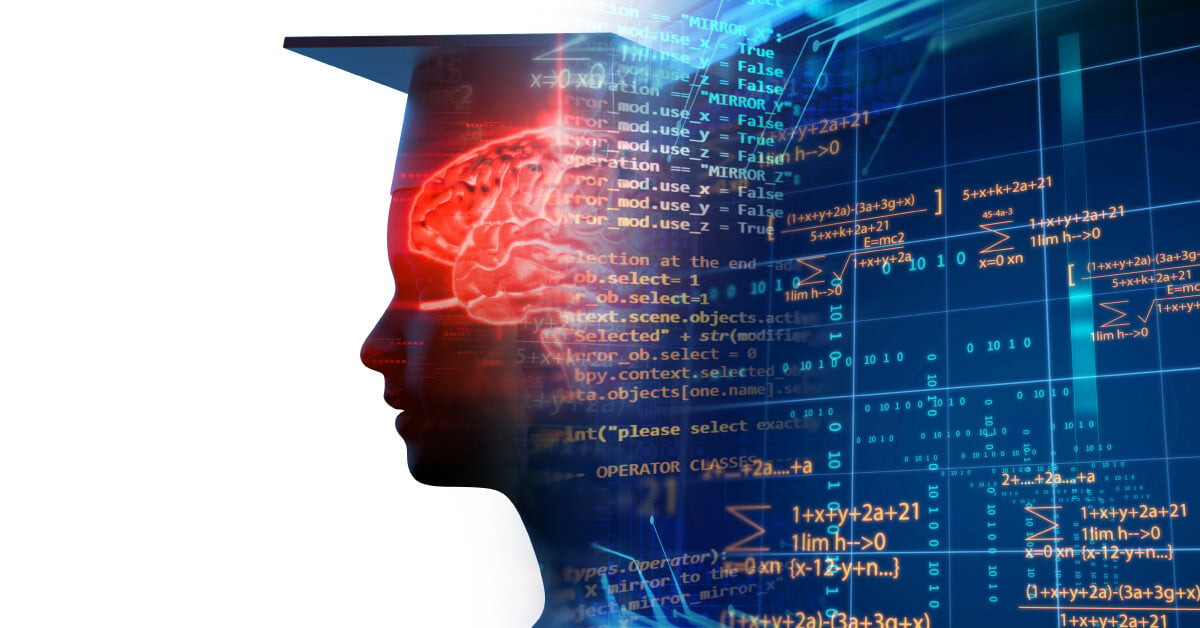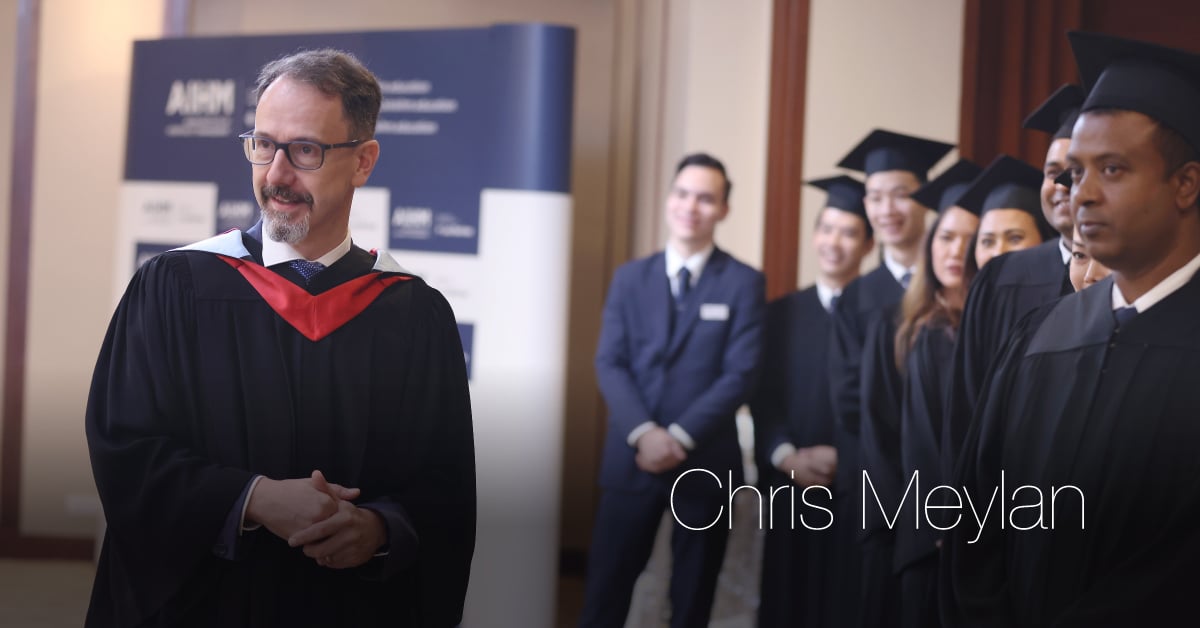Exploring the Impacts of AI in Education

AI has taken the world by storm—a Category 5 hurricane to be more exact. Only a year and a half ago, in November 2022, ChatGPT launched, offering everyday individuals the chance to explore and utilise the power of artificial intelligence with relative ease. Initially, I was very surprised by this new development, but I assumed it was just an improved version of Siri or Alexa—fascinating and possibly useful, but not necessarily world-shattering. Then I started playing around with it. Very quickly, I could see the potential ChatGPT and similar artificial intelligence tools might have for work and, most importantly, education.
After ChatGPT’s emergence, I began to closely follow the discourse around how universities and schools might be able to implement AI. I was intrigued yet cautious about how things would develop after the initial buzz. I love technology, but I’m always a bit leery when people jump on bandwagons after a new form of tech is introduced. Remember all the hype around VR when Meta introduced its virtual reality headsets? Masses of people—journalists, business leaders, run-of-the-mill individuals—were buzzing about the radical new changes and innovations VR technology would be ushering in. A few years on, we can see that VR hasn’t really gone anywhere beyond games.

However, only a little more than a year after the launch of first ChatGPT version, AI technology has already improved exponentially. We can see very clearly that, far from being a flashy but merely flash-in-the-pan fad, AI platforms and applications are proliferating and evolving at breakneck speeds. This Category 5 hurricane is blowing winds of change into every part of society, from business sectors like finance, manufacturing and human resources management, to every part of the educational system…students, teachers and learning institutions.

Given this far-reaching change, it’s important to look at how AI has already impacted education, what we must be careful of moving forward and what AI-empowered opportunties exist for us in the education sphere.
The Challenges AI Poses to Education
Recently, I’ve been listening to Trevor Noah’s podcast “What Now?” Two episodes in particular stick out in my mind for the way they sent my mind racing and pondering the dramatic challenges AI poses to education. In these two episodes, Trevor interviewed tech magnate and philanthropist Bill Gates and OpenAI CEO Sam Altman, respectively, about the impact of AI. Both men mentioned that AI could eventually allow every student to essentially have their own personal teacher. The way in which technology has been opening access to information has democratised knowledge acquisition.

For those of us in the education sphere, AI’s ongoing growth, as well as the impacts it is already having, present a significant problem. Generative AI, in particular, is booming. AI can now generate and create in domains that we have previously seen as our own exclusively human faculties: art, literature and scientific discovery. Additionally, generative AI is no longer limited to just text. Now, AI can analyse information, provide summaries, create photo-realistic pictures, write songs and even create short videos. AI presents humanity with a unique challenge we have never faced before: an agent with intelligence that rivals our own in a growing range of domains. If every student has these tools at their disposal, what does that mean for us as teachers? I could see Gates’ and Altman’s point. Is it true that students won’t necessarily need an actual human teacher to learn? As AI’s growth trajectory continues, will we reach a point when AI can deliver intelligently developed individualised lessons to students? Will generative AI make certain human tasks redundant? To a large extent, that’s the intention behind the evolution of the technology.
If every student has access to this technology, if a student does not necessarily need to have a teacher, what does this mean for us as educators? How do we address the immense challenges AI poses to education as we know it? How should we be leveraging this tool? Is it a threat to the education industry? What does it mean for the future of how humanity teaches and learns?

Adopting AI in Education: Toward a Future-Forward Pedagogy
One thing is clear: we cannot ignore AI. As educators, we prepare students for their futures. Their futures—and ours—will involve AI. At this point in time, it’s difficult to predict exactly how artificial intelligence technology will continue to shape and reshape our world in the years ahead, but we will be doing an immense disservice to our students if we stick our heads in the sand and pretend it doesn’t exist.
Many educators today are asking the following question: should a school teach the use of AI, or should we ban it? Well, today would you ban a computer with a spell check? Would you ban a calculator? Best practices in pedagogy suggest adopting a constructive and postive approach to technology. Instead of resisting change, it’s better to focus on the potential benefits that innovations could bring to education.

Isn’t the role of education to teach the young generation how to effectively use the tools and knowledge available to them? Being able to manage a tool such as AI the right way can also give our students a competitive advantage. Imagine they are starting to work in a company and are able to introduce new ideas and concepts with AI thanks to the education they have received in the topic. This is an opportunity that we cannot miss. Artificial intelligence technologies exist. They’re being adopted. Our responsibility to students is to guide them in making the most appropriate use of the tools that are and will be a part of their realities. Particularly for AIHM, where we are planning to become a digital campus, it’s important for us to be at the forefront of this new trend.

We must teach the technologies that are part of our lives and how to use them. We need to integrate into our pedagogies and our lesson plans vital topics such as machine learning and data literacy, computational thinking and collaborating with non-human intelligences. It’s also important to remember that while the sudden advent of generative AI may be disruptive to educators, it is even more disruptive to the futures of the students we teach. We need to give them the skills to thrive in a world transformed by AI. As educators, we need to be at the forefront of these emerging technologies, equipping our students with the skills to use them both technically and ethically. If not us, then who?
A Systematic Approach to the Impacts of AI on Education
Like many educators and institutional leaders, the challenges and opportunities of AI technologies occupy a prominent position in my mind. The more I read about and explore AI’s intersection with education, the more I realise how truly huge this topic and its implications are in scope. This post therefore will serve as the first in a series.
To address the topic systematically, I will be dedicating upcoming posts to discussing the potential impacts AI might have on students and student learning, on teachers and how AI might be used to improve teaching practices and on the role and character of educational institutions themselves. I invite you to follow along with this series and to use it as a jumping off point for your own explorations into how to integrate these revolutionary changes into your own teaching or learning—whether you are a fellow educator, a student, an administrator or an industry professional grappling with how AI is beginning to impact your own teams.

Want to Stay Ahead of the Curve?
AI tools are already revolutionising working processes and the very playing field in which we do business. Rapidly.
Are you a working professional or business leader trying to make sure you and your teams are ahead of the curve? Discover AIHM’s Executive Education courses in AI Hotel Marketing.
Follow AIHM on LinkedIn and Facebook to be sure you catch upcoming posts in this series on the impacts of AI on education.


